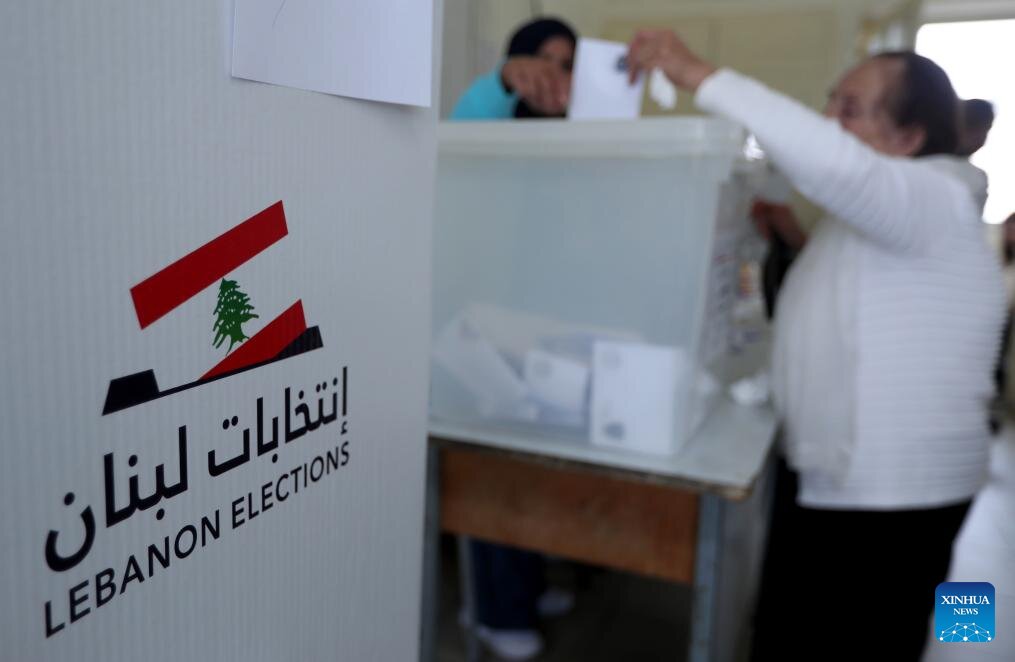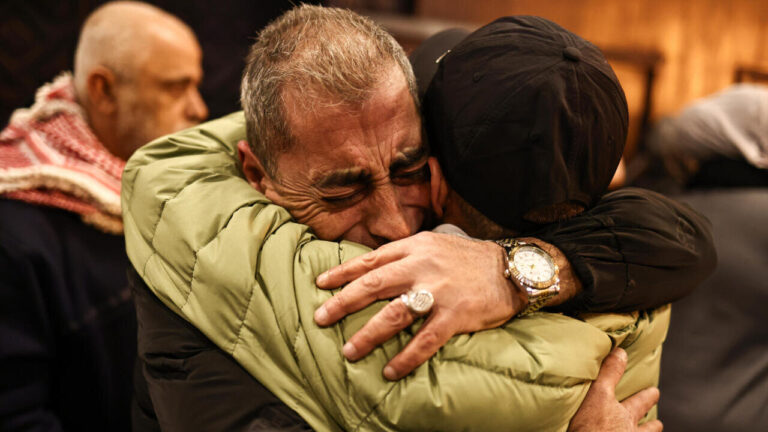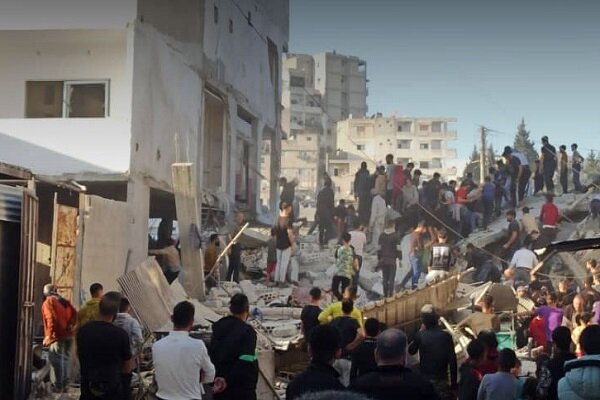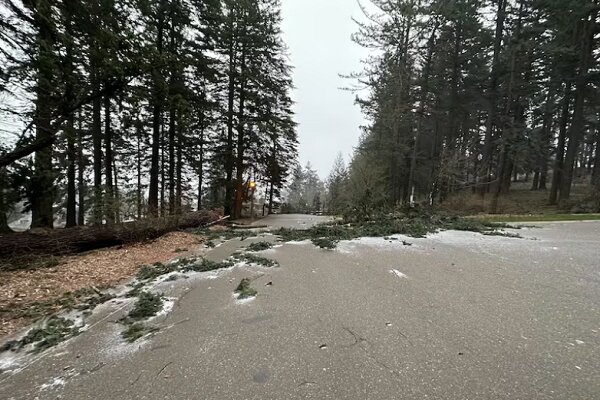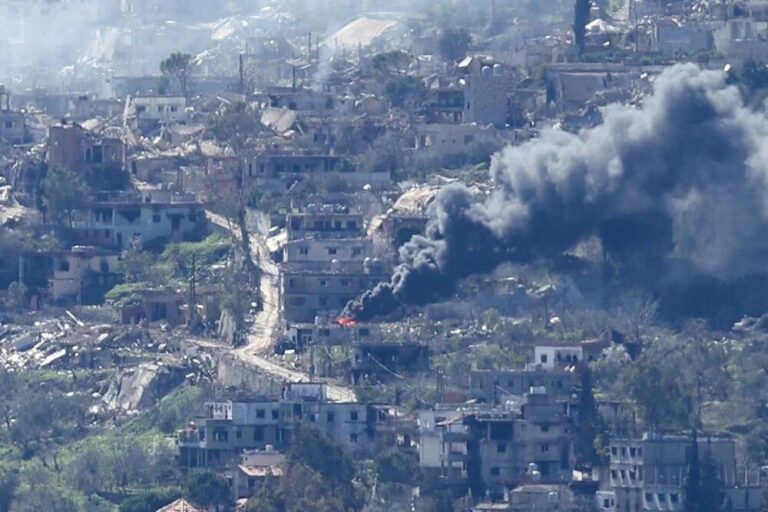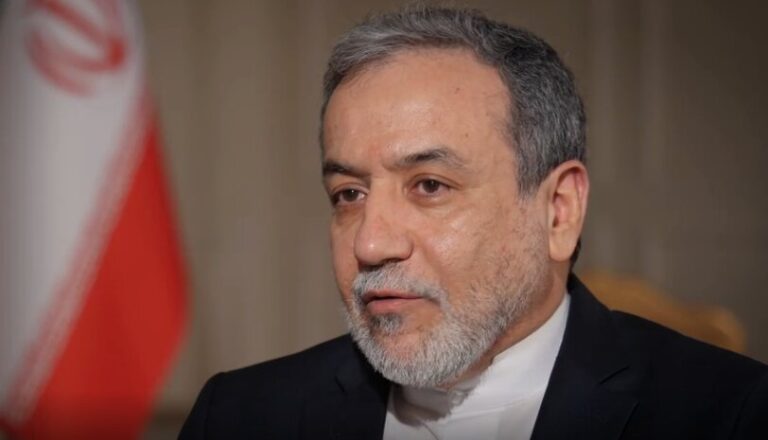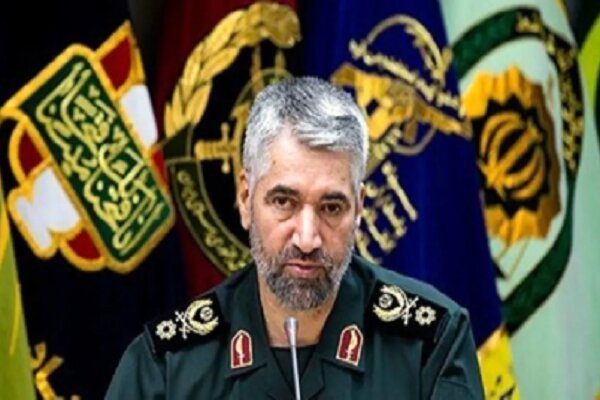Shiite Alliance Triumphs in Beirut’s Southern Suburb Elections
In a historic event marking the first round of municipal and mayoral elections in Mount Lebanon Governorate, the Lebanese government achieved a notable voter turnout of 44.59%. This election, which unfolds in a climate of heightened security and competitiveness, is significant as it represents the first such polls in nine years. The municipal elections are set to occur in multiple stages throughout the month, encompassing all Lebanese governorates, amid escalating tensions in the region, particularly in the occupied Palestinian territories and Syria.
The elections, which have been postponed multiple times since 2016, serve as a crucial evaluation for political factions, allowing them to assess their popular support ahead of the pivotal parliamentary elections scheduled for May 2026. These upcoming elections will play a critical role in shaping the political landscape of Lebanon.
Here are some key highlights from the recent municipal elections:
- Hezbollah and Amal Movement Win Unopposed: In several municipalities within Beirut’s southern suburb, known as Dahiyeh, Hezbollah and the Amal Movement secured victories without opposition under the “Development and Loyalty List.”
- Strong Performance in Ghobeiry: The duo triumphed in the Ghobeiry suburb, defeating the “Ghobeiry Gathers Together” list, which received support from various embassies.
- Victory in Haret Hreik: In Haret Hreik, Hezbollah and Amal also outperformed a list backed by the Lebanese Forces party, demonstrating their strong foothold in the region.
- Alliance with Free Patriotic Movement: The duo’s recent alliance with the Free Patriotic Movement hints at a potential revival of the Shiite-Christian alliance in the approaching parliamentary elections.
- Pro-Resistance Sentiment: Voters expressing pro-Resistance sentiments emphasized that their participation was a demonstration of loyalty to the resistance approach and in honor of the sacrifices made by martyrs.
One voter, whose father was a martyr, stated, “We voted to affirm our loyalty to the approach of our supreme martyr, His Eminence Sayyed Hassan Nasrallah,” highlighting the emotional and ideological underpinnings of this electoral exercise.
President Joseph Aoun closely monitored the elections on-site. Before the voting commenced, he visited the Ministry of Interior and Municipalities, where he met with Minister of Interior and Municipalities Ahmad Hajjar and Minister of Justice Adel Nassar.
“It is important that these elections were held on time, especially since approximately 90% of the municipalities in Lebanon have been dissolved. Citizens complain that these municipalities are not meeting their needs and requirements, even though municipalities play a fundamental role in development,” Aoun remarked, emphasizing the necessity of timely elections.
Prime Minister Nawaf Salam also took an active role in overseeing the electoral process. He visited the operations room at the Ministry of Interior and Municipalities to observe the vote counting. During his visit, he noted, “The election process proceeded smoothly and without any disruption. Administrative complaints were followed up and resolved quickly.”
Following the closure of the ballot boxes, Minister Hajjar reiterated that the elections were conducted without any pressure or significant issues, asserting that the process was executed efficiently.
Additionally, Army Commander General Rodolphe Heikal conducted an inspection of the operations room in Mount Lebanon, where he received updates on the exceptional security measures implemented to safeguard the electoral process. The military presence underscored the commitment to maintaining order and security during this critical democratic exercise.
In conclusion, the successful organization of the municipal and mayoral elections in Mount Lebanon is a significant milestone for the Lebanese political landscape. With voter turnout reflecting a strong engagement in the electoral process, these elections not only offer a glimpse into the political affiliations of the various factions but also set the stage for the upcoming parliamentary elections in 2026. As Lebanon navigates through regional tensions and internal challenges, the results of these elections will be closely monitored, providing insight into the evolving dynamics of Lebanese governance and civic participation.
